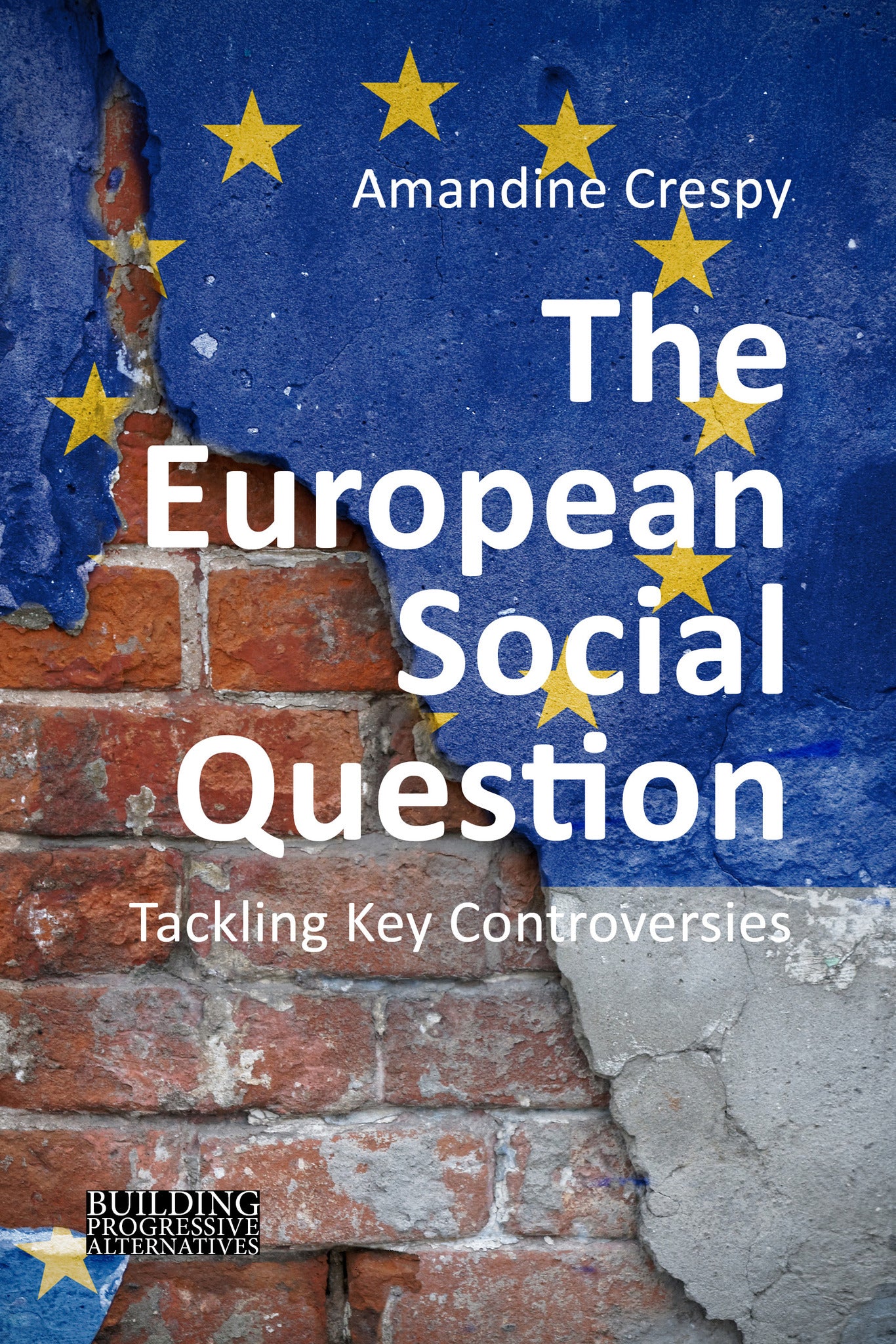We're sorry. An error has occurred
Please cancel or retry.
The European Social Question

Some error occured while loading the Quick View. Please close the Quick View and try reloading the page.
Couldn't load pickup availability
- Format:
-
13 January 2022

Over recent years it has become increasingly clear that the European Union is falling short of its promise to enhance social cohesion across the continent. Welfare state modernization has been at the centre of divisive debates over the redistribution of wealth and imbalances between a wealthy European core and its peripheries. Some see the policies and governance of the EU as part of the problem, others rather as the solution.
This book examines the key issues facing the EU’s social policy-making. Each chapter focuses on a single challenge and explores the arguments and considerations that coalesce around it. The book helps students and researchers alike to understand how the EU operates and shapes social policy on multiple levels, and to better assess the EU’s role in supporting social cohesion.

POLITICAL SCIENCE / Public Policy / Social Policy, Political economy

Introduction: “Social Europe”: irrelevant, catching up, or dangerous?1. What is the European social question?2. Is the EU a key player in addressing social issues?3. Are socially-minded actors too weak in EU policy-making?4. Is European social regulation a thing of the past?5. Does liberalization undermine social cohesion?6. Does the European social dialogue really protect European workers?7. Does soft coordination support welfare states?8. Is redistribution unconditional?9. Is the EU fit for the social challenges of the twenty-first century?Conclusion: from the social question to the democratic questionIndex of CJEU Rulings



